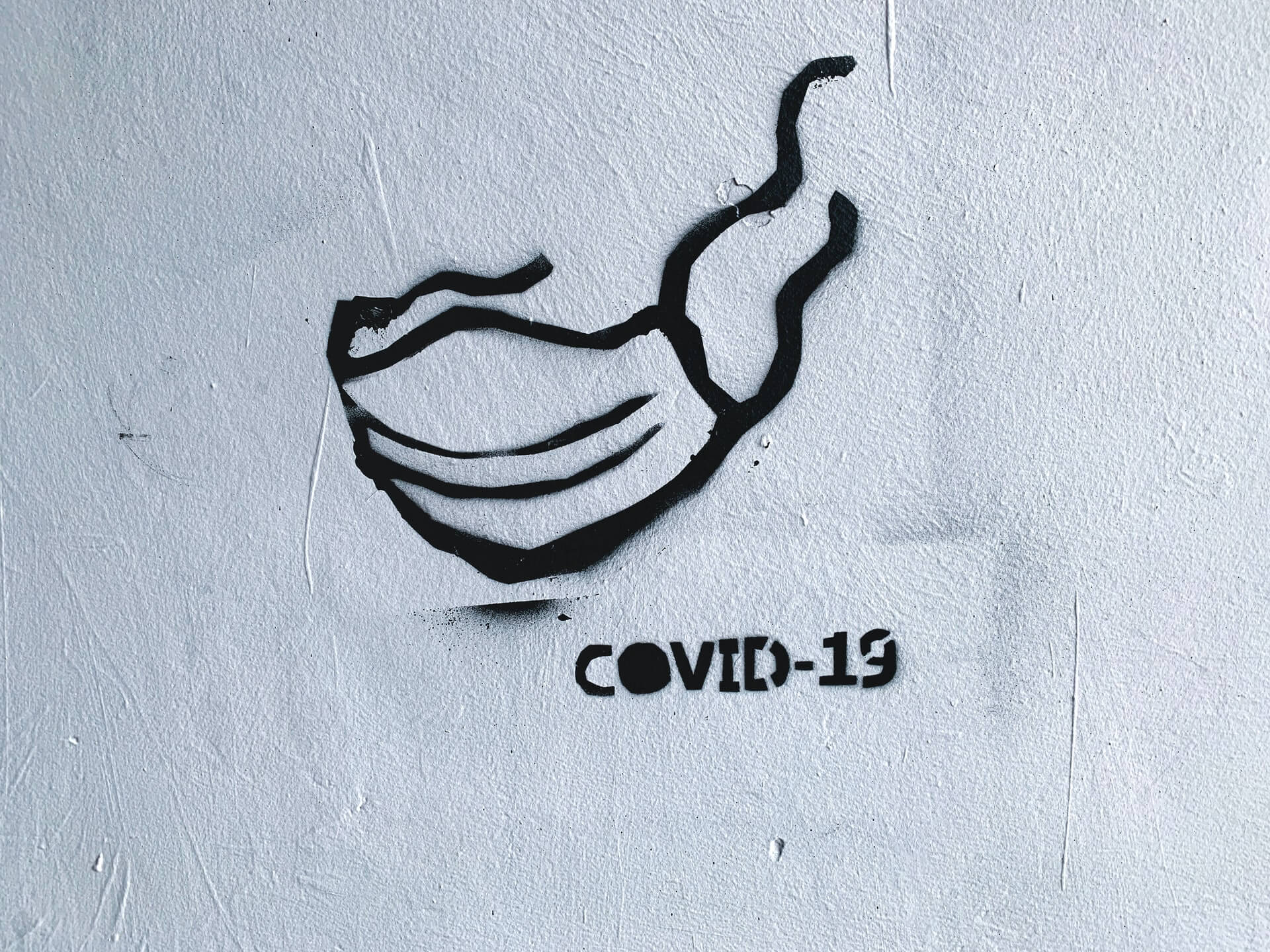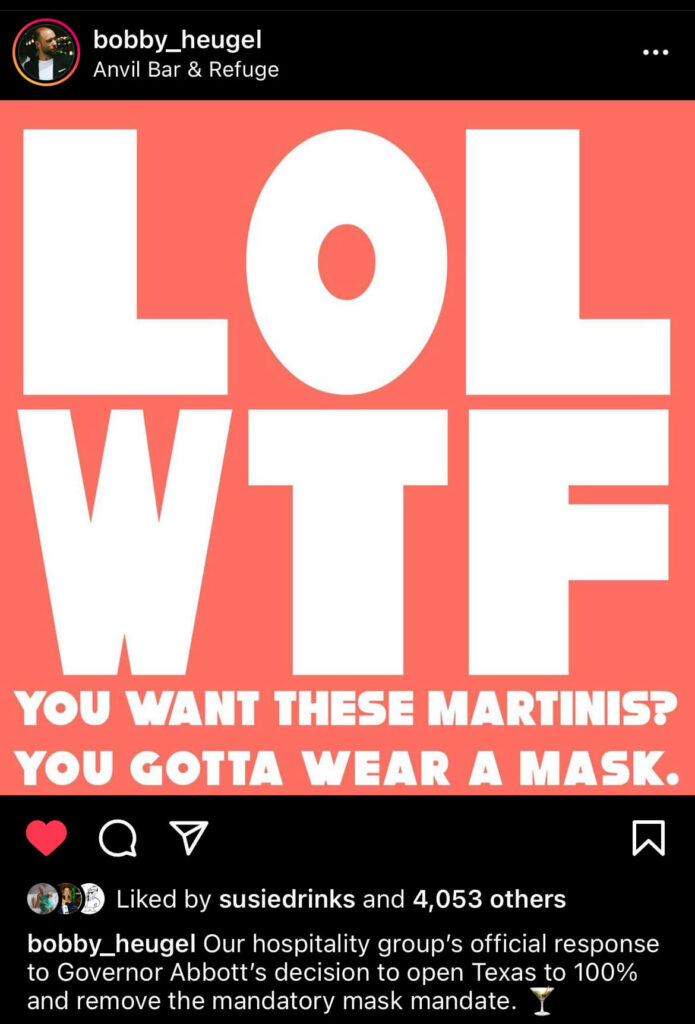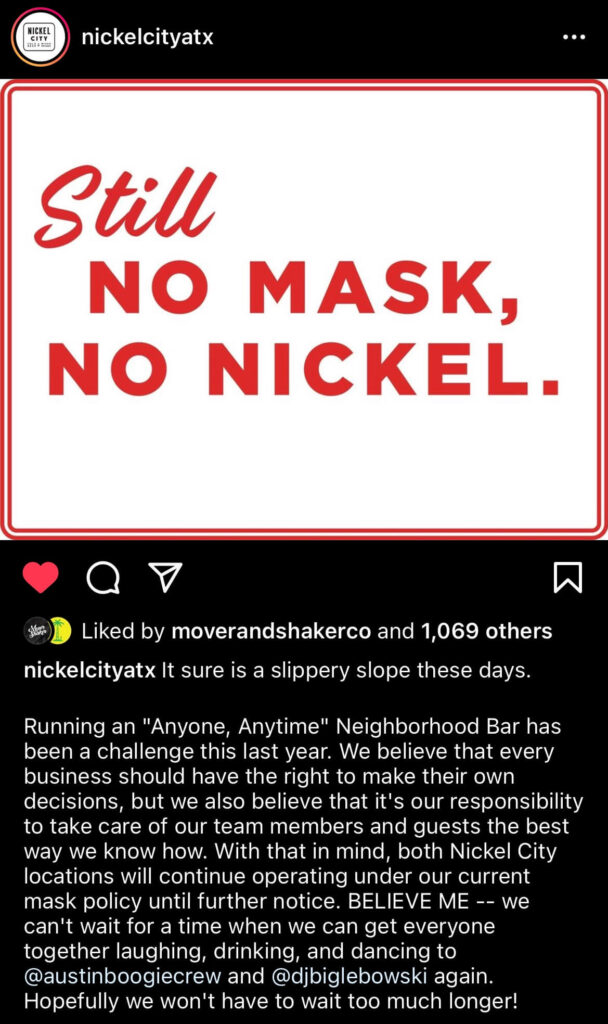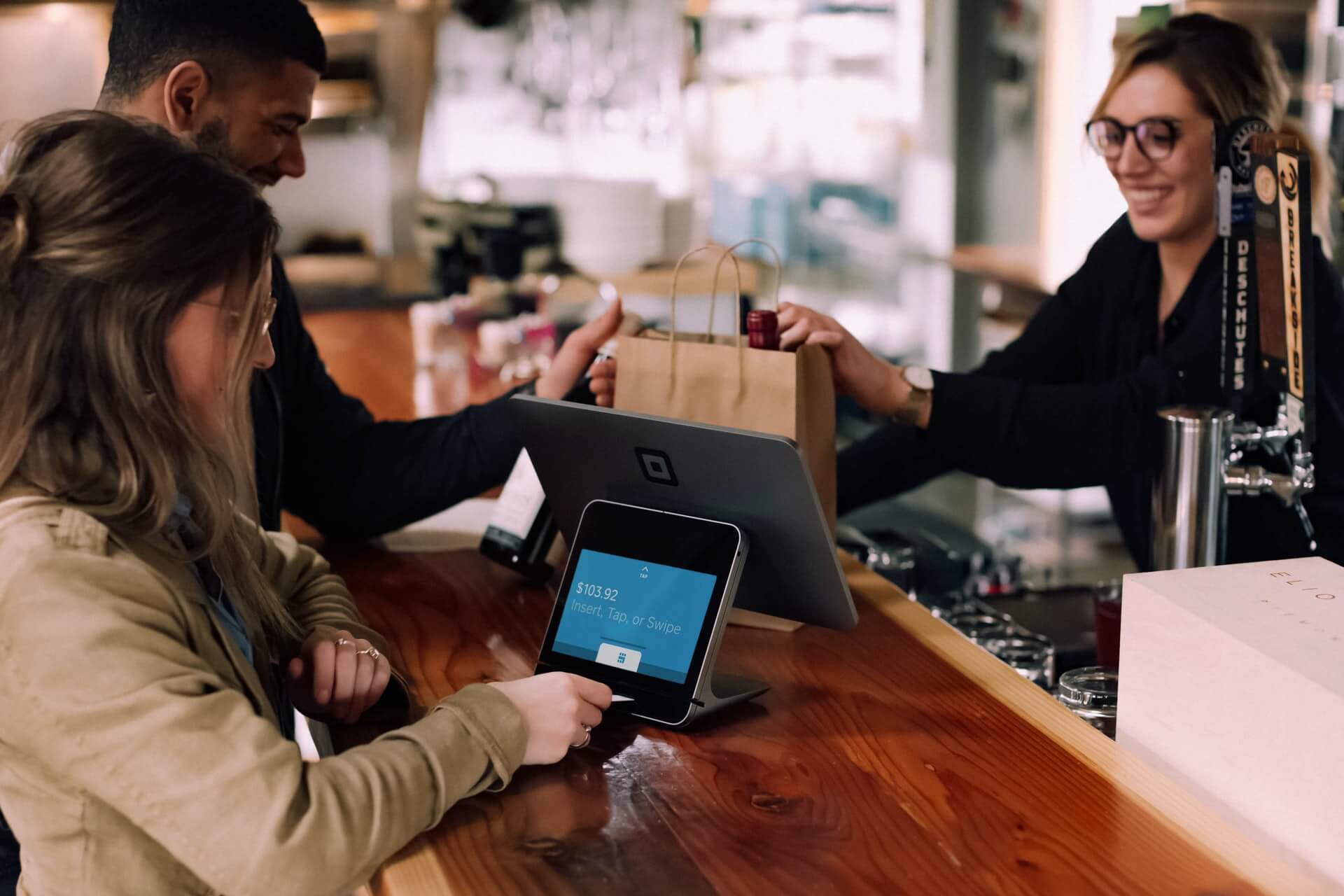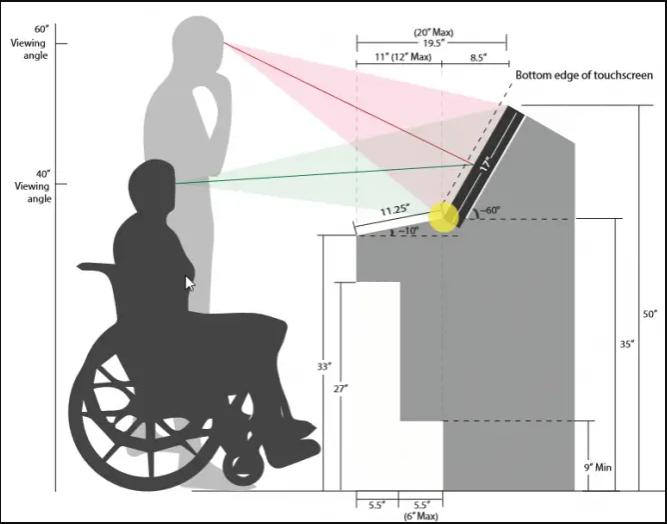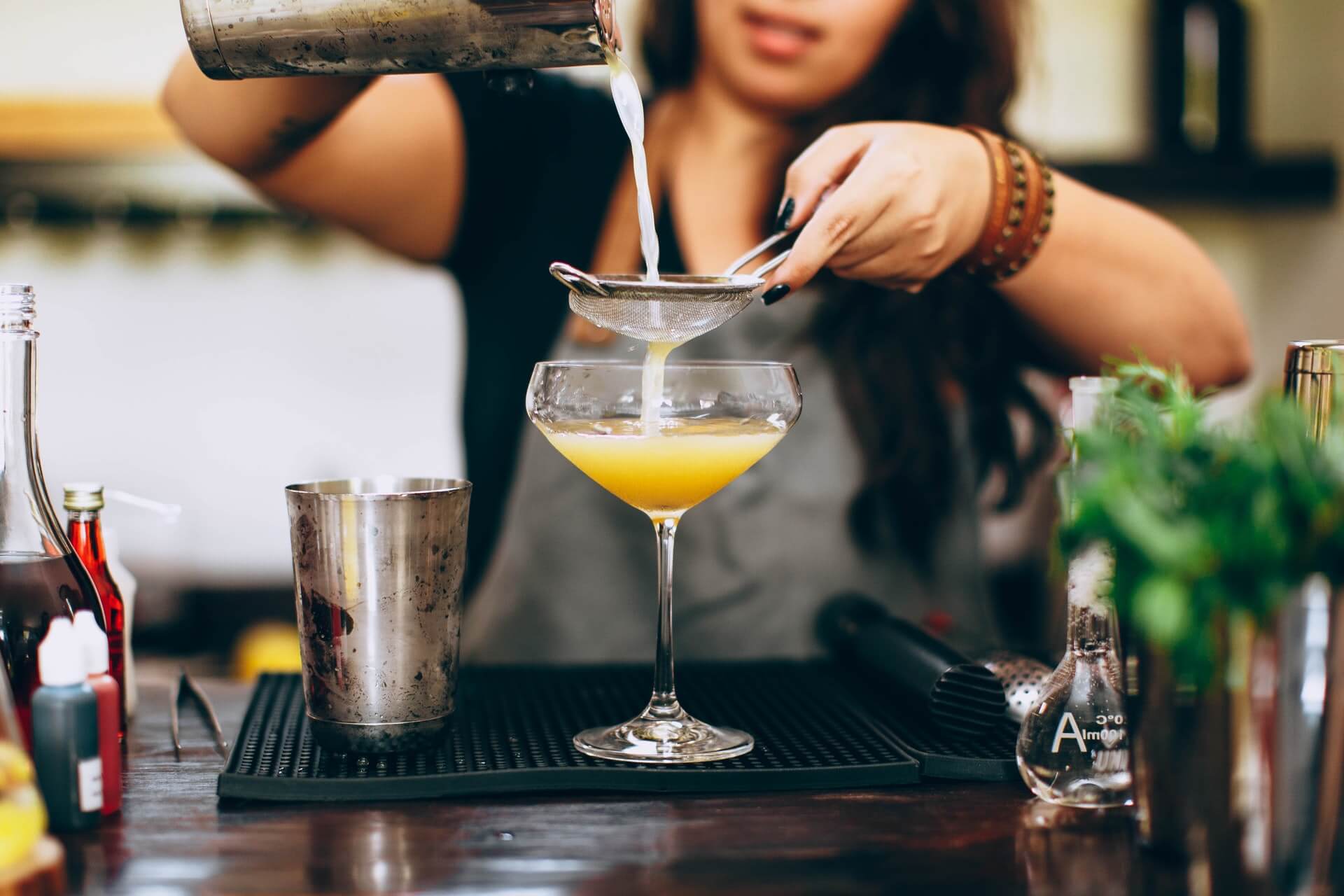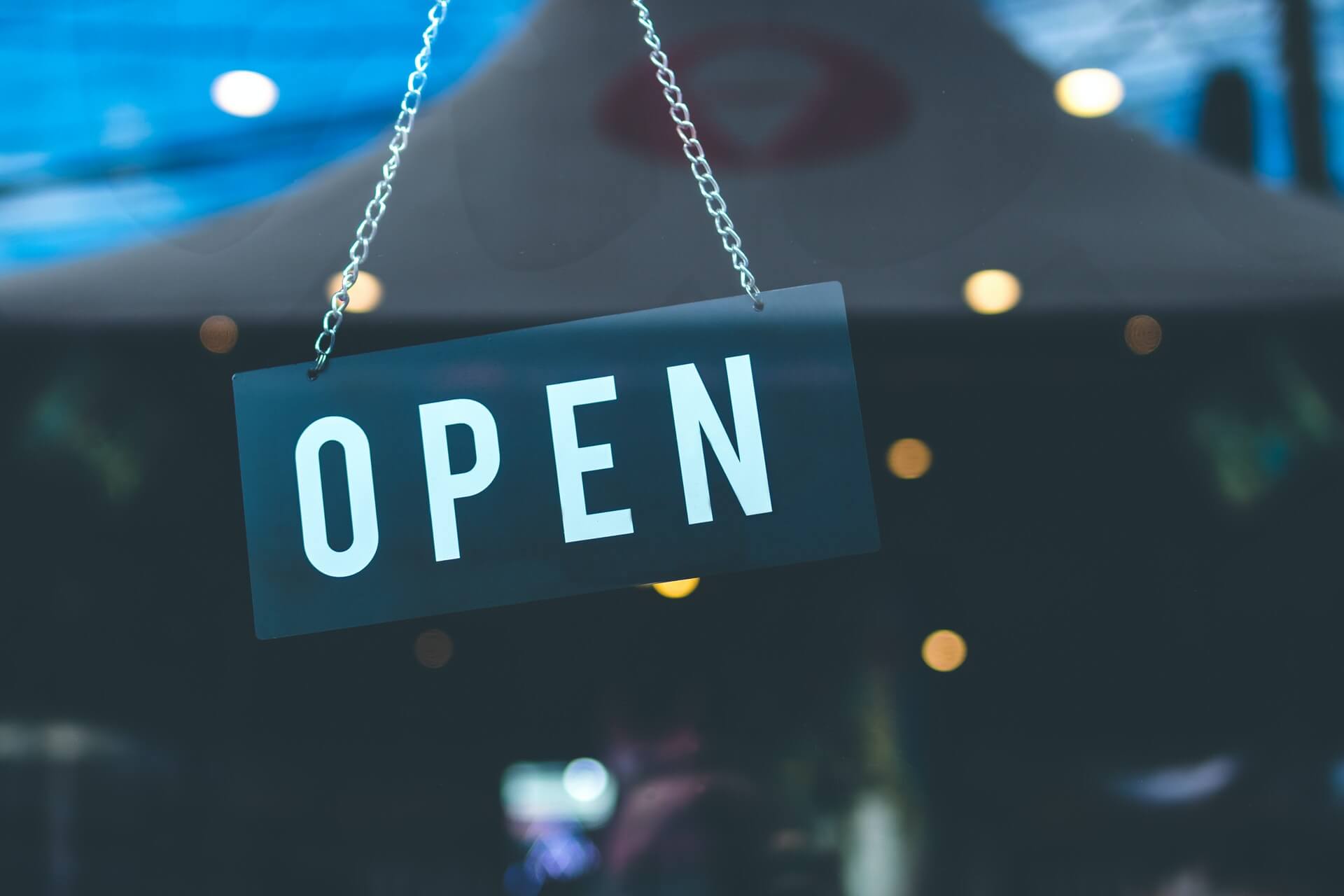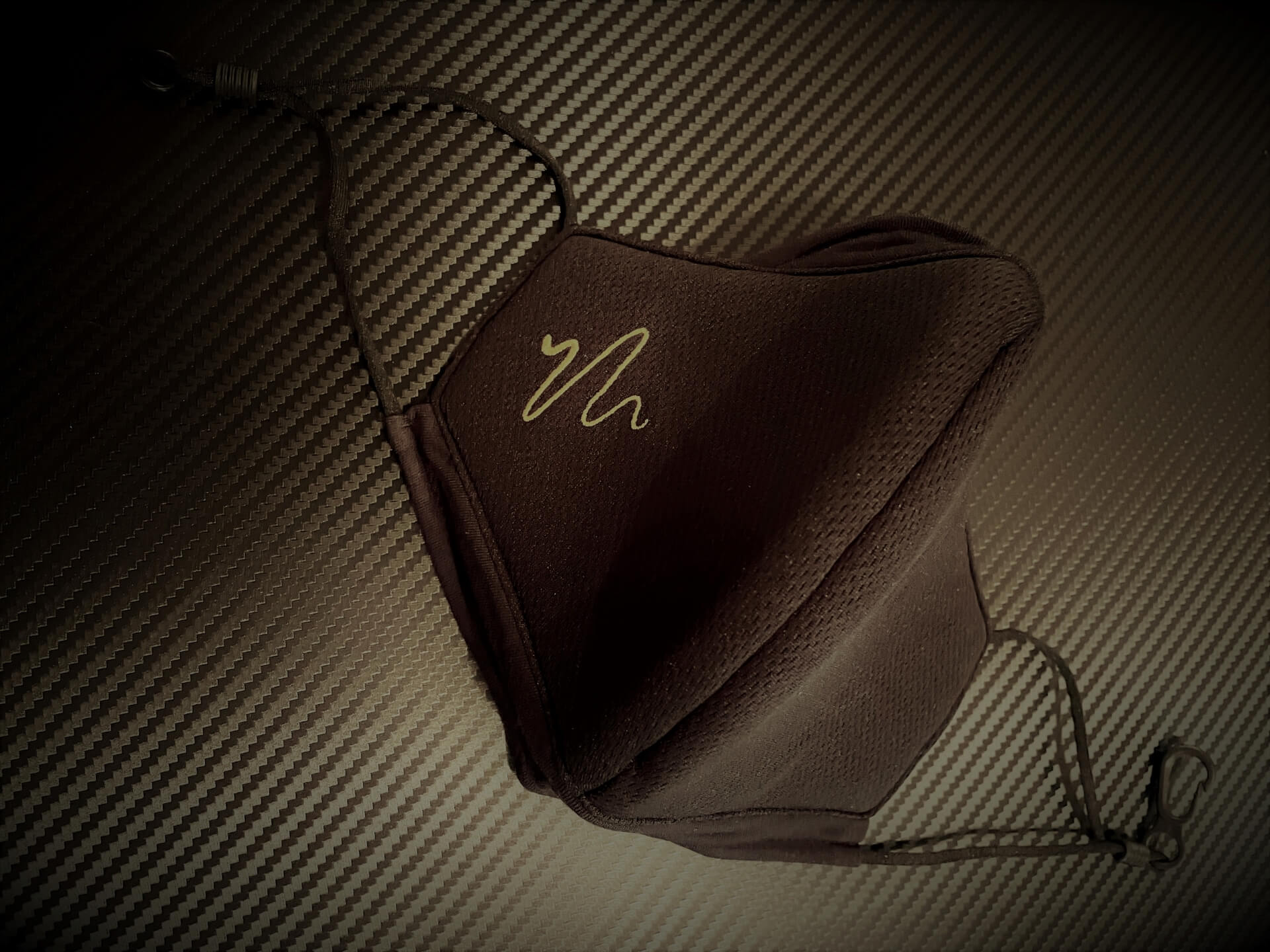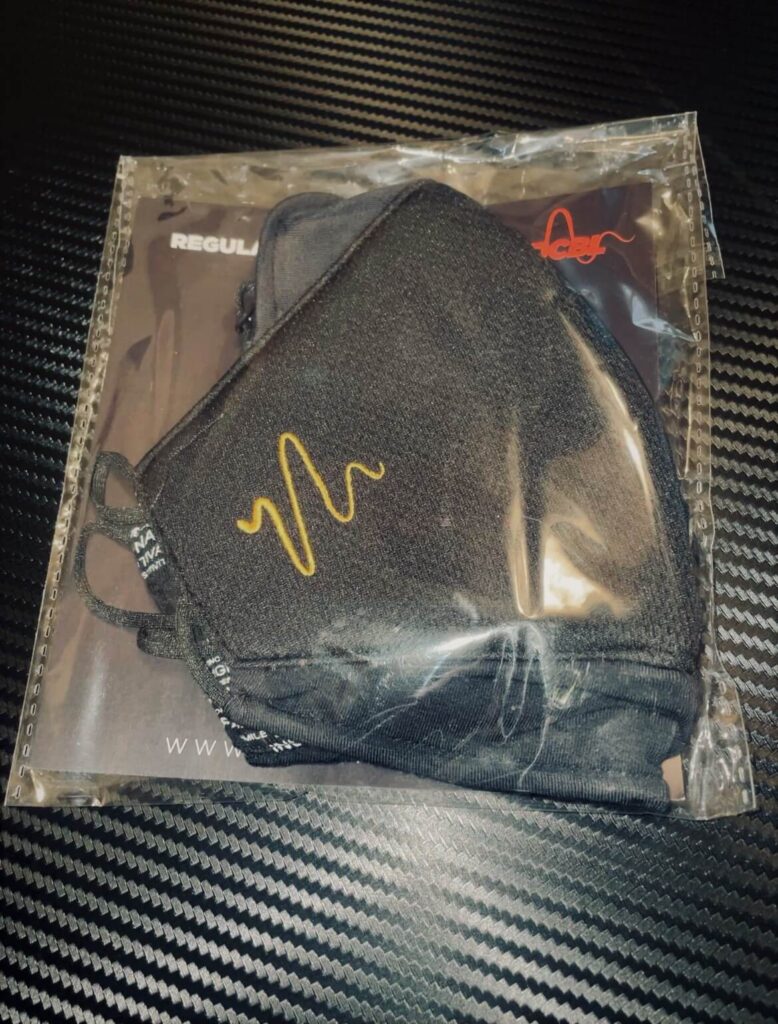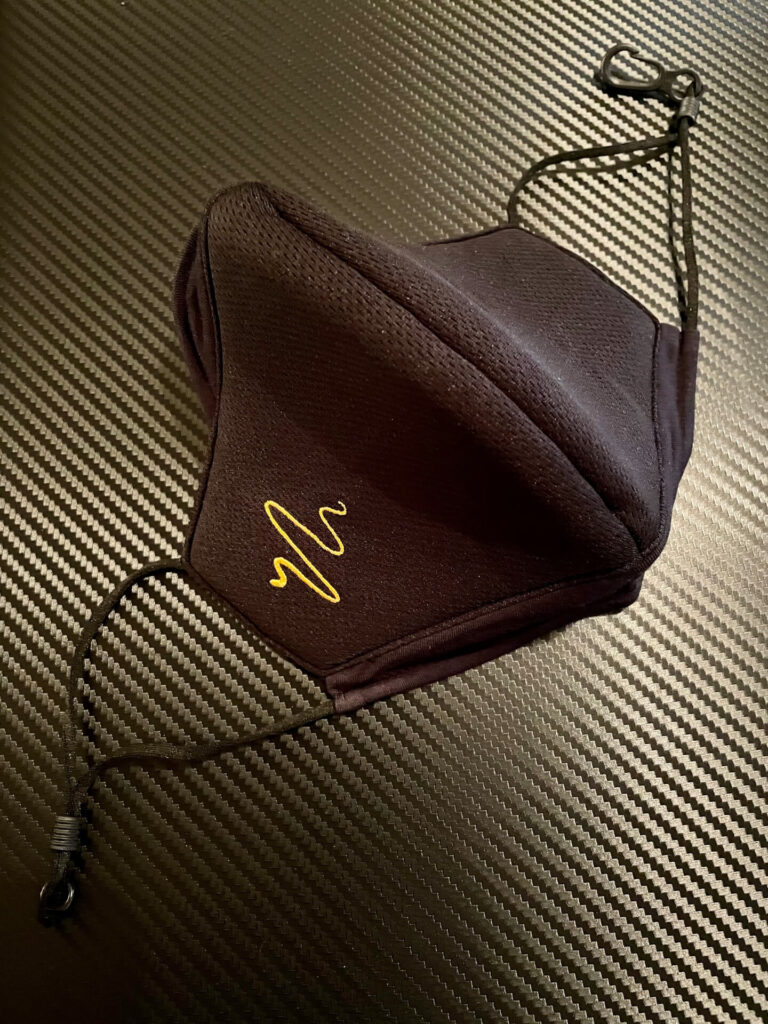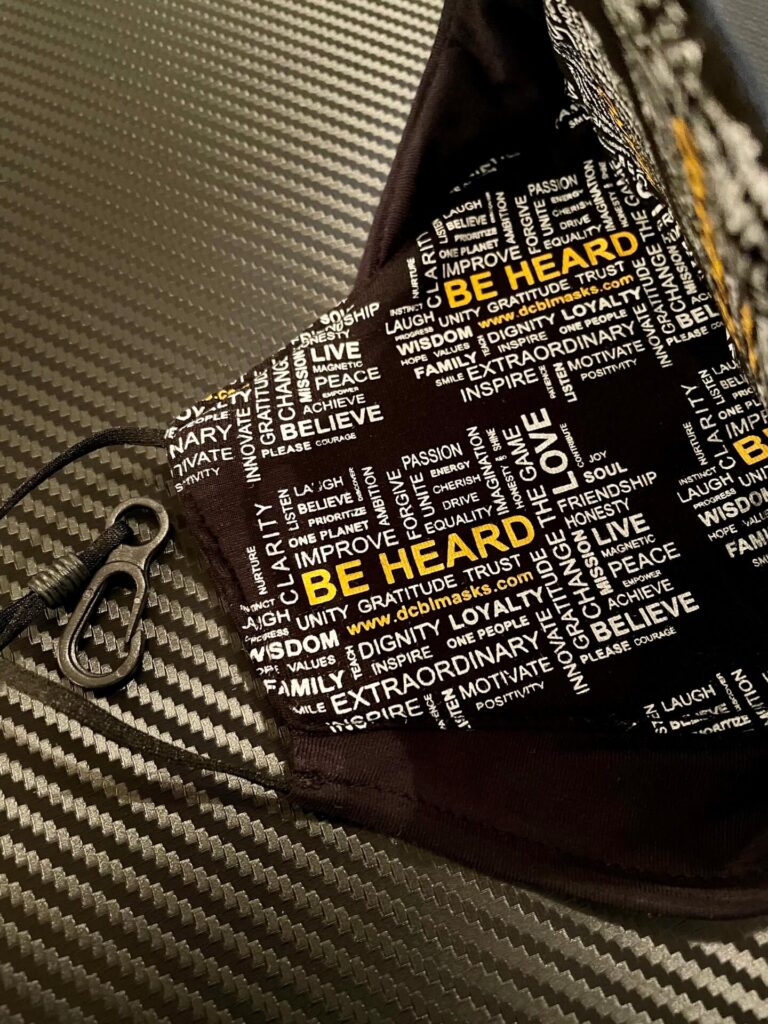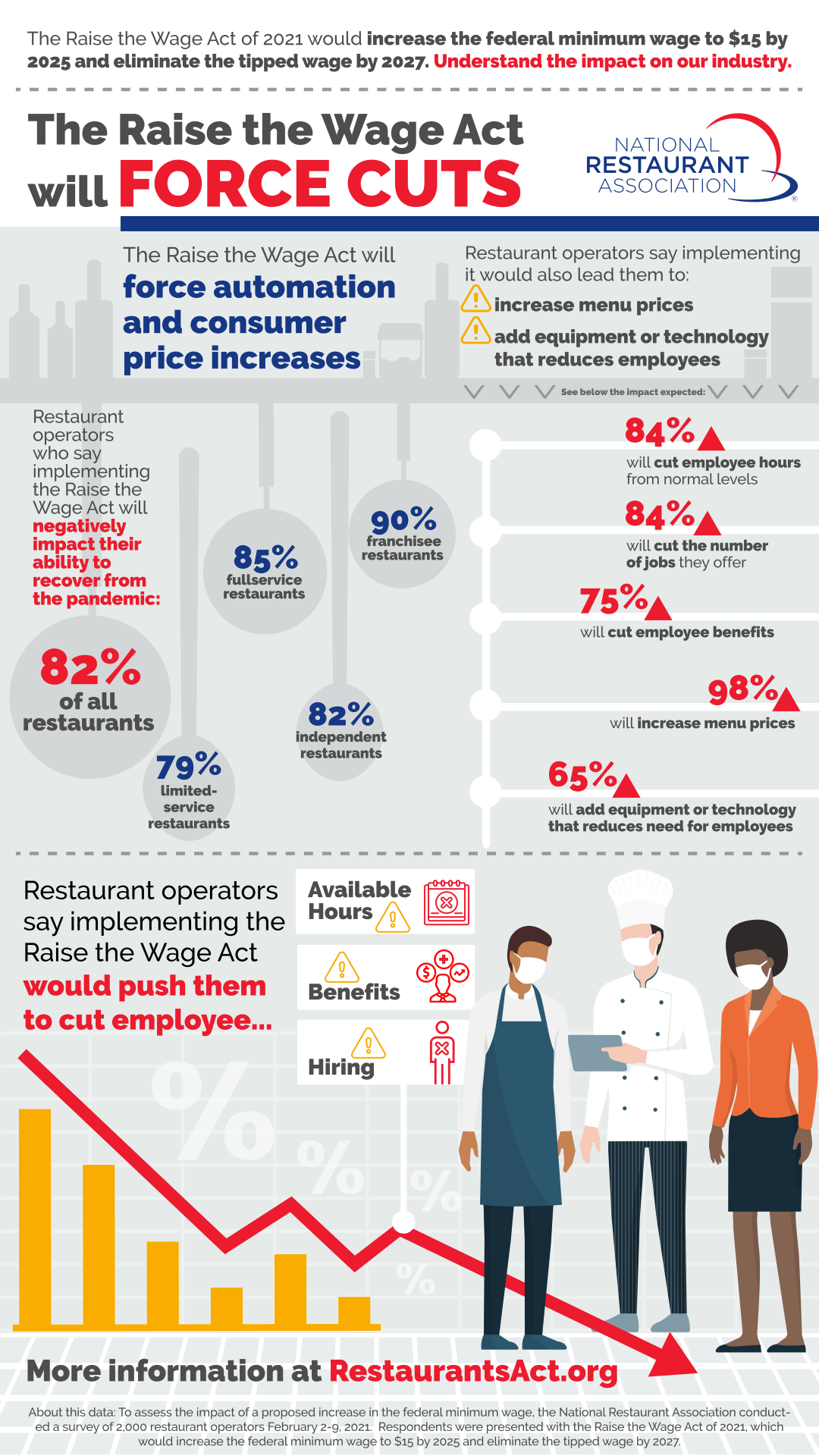Are You Ready for St. Patrick’s Day?
by David Klemt
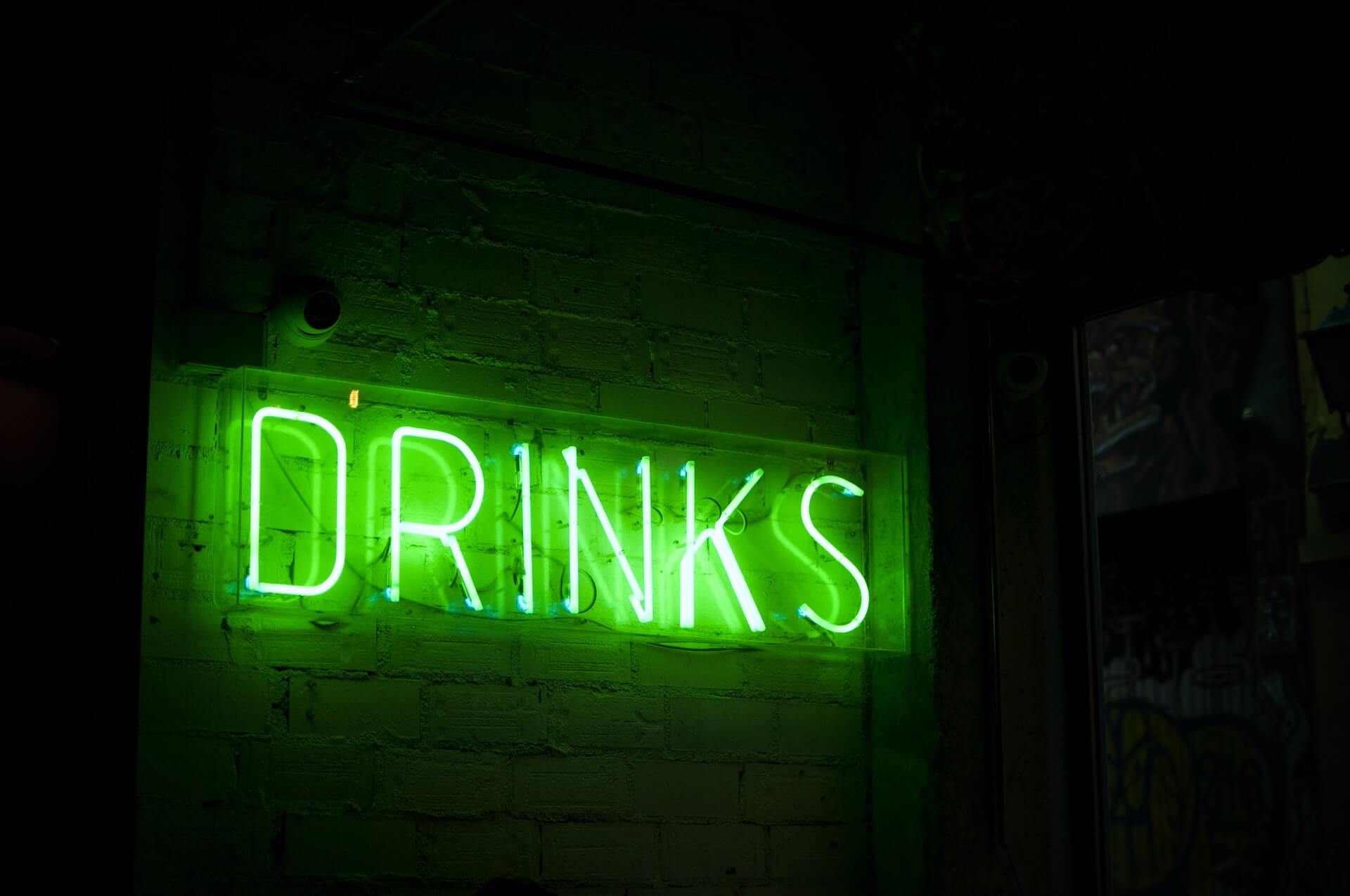
St. Patrick’s Day is just around the corner. Operators need to make sure they’re ready for in-person, delivery and takeout guests eager to celebrate.
An interesting element for this year’s holiday is that many people will be celebrating at home. That makes themed delivery, takeout and pickup packages important.
Over the past 12 months, consumers have grown to correlate drinking occasions with drinking at home. That shift in behavior can make it more challenging to succeed with holidays.
Of course, challenges also present opportunities. Working from and drinking at home has made weekday day-drinking more common. Operators can leverage new behaviors to offer in-person, delivery and takeout packages starting earlier for St. Patrick’s Day.
Such packages can include Irish Coffees for the morning or early lunch, Irish beers for lunch or dinner, Irish whiskey and beer packages for dinner and late-night…you get the idea. Classic and modern riffs on St. Patrick’s Day food mainstays are also a crucial element. The key is to get creative with inventory and offers, attracting a combination of in-person and off-premise consumers.
To give you a helping hand, we’ve rounded up some of our favorite Irish, Canadian and America whiskeys. We’re including the standards but also focusing on innovative and single malt expressions that boost guest spends and overall revenue.
Irish Whiskeys
One thing all operators know when it comes to St. Patrick’s Day: Irish whiskey and high-visibility brands must be represented.
After all, according to the Spirits Business, Irish whiskey generated well over $1 billion for distillers last year in the United States alone.
Jameson, Bushmills, Tullamore DEW, Kilbeggan and Redbreast shine on St. Patrick’s Day. Proper No. 12 is just a few years old but is on its way to becoming a St. Patrick’s standard.
In markets that can bear it, premiumization can help generate more revenue during this year’s holiday.
There’s nothing wrong with OG Jameson but consider premiumization with Jameson Black Barrel or 18 Years, which is finished in first-fill barrels.
When it comes to Bushmills, the original expression is great. Rare Cask 01, however, is the distillery’s Cognac cask premium dram.
For the adventurous guest, Cider Cask Finish, XO Caribbean Rum Cask Finish, and Old Bonded Warehouse Release from Tullamore DEW will get their attention.
Operators who feature Kilbeggan would do well to consider premiumization in the forms of Single Pot Still and Small Batch Rye.
Redbreast 12 Cask Strength and Redbreast Lustau are undeniable elevations of traditional Irish whiskey.
Canadian Single Malts
When people hear or think about St. Patrick’s Day, they tend to immediately leap to Irish whiskey. However, this holiday can be a time to highlight whiskeys from other countries.
Central City crafts Lohin McKinnon Single Malt with “pure British Columbia” water, per their website. The distiller recommends adding a splash cold, filtered water, a tip you can share with your guests.
Another Central City single malt takes Canadian in an interesting direction. Lohin McKinnon Tequila Barrel Finished instills single malt with unique flavors.
Eau De Claire boasts the distinction of being Alberta’s first craft distillery and first single malt whisky producers. The distillery uses only Alberta barley and rye to craft their liquid.
American Single Malts
There are a number of superlative American single malt whiskeys to consider promoting on St. Patrick’s Day.
Westland produces American single malt in Seattle, Washington. The distillery’s Outpost Range—Garryana, Colere, and Solum—celebrates American tradition, innovation and Pacific Northwest provenance.
Westward aims to craft and bottle the spirit of the American Northwest. Westward Pinot Noir Cask and Stout Cask elevate the distillery’s American single malts.
Those searching for a Rocky Mountain single malt need look no further than Stranahan’s. Each of their expressions is thoughtfully crafted, so it can be hard to choose just one. However, Blue Peak is interesting because it undergoes high-altitude distillation and is also finished using the Solera Method.
Also hailing from Colorado is Deerhammer. The distillery’s American Single Malt mash bill can experience temperature swings of well over 40 degrees in a single day.
Image: Stéphan Valentin on Unsplash



